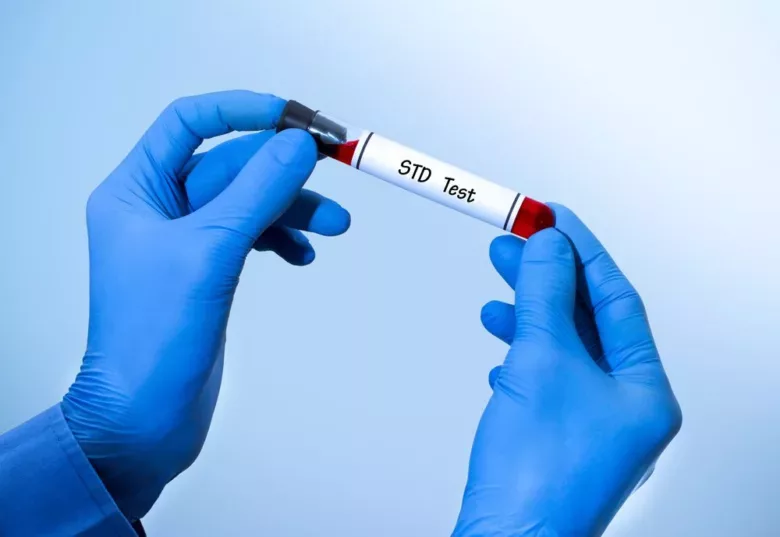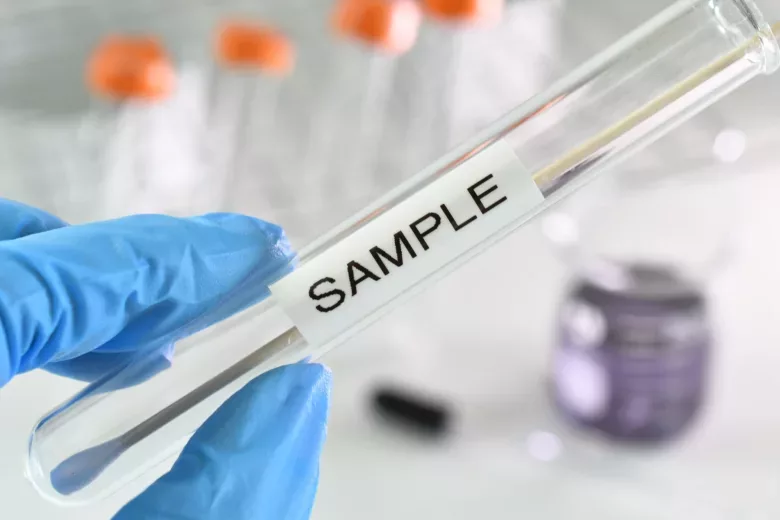Syphilis, a sexually transmitted infection (STI) with potentially severe health consequences, has become a growing concern in the state of Arizona. Over the past years, Arizona has experienced a significant rise in Syphilis rates, necessitating a closer examination of the factors contributing to this alarming trend.
Understanding the complex interplay of these factors will not only help identify populations at higher risk but also inform the development of tailored interventions, educational campaigns, and STD testing facilities aimed at reducing Syphilis rates and improving the overall sexual health landscape of Arizona.
Throughout this blog, we’ll explore the factors behind Arizona’s rising Syphilis rates. The impact of stigma will also be explored, along with aspects such as sexual education, STD testing clinics, social determinants of health, and changing sexual behaviors.
Insights into Arizona’s Syphilis Outbreak
Congenital syphilis, a concerning issue in the United States, is particularly prevalent in Arizona, as indicated by recent data from the Centers for Disease Control and Prevention (CDC), where the state ranks second highest in the country in terms of infection rates.
Arizona ranked sixth in terms of primary and secondary Syphilis. More than 35,000 cases of primary and secondary Syphilis—the disease’s most contagious stages—were reported in 2018, a 14% rise over 2017. This is the highest number since records began being kept in 1991.
Congenital Syphilis, contracted from mothers to their unborn children, has also increased by 40% in the past year. The increased frequency of Syphilis in Arizona warrants concern, especially concerning congenital cases. To stop the disease from spreading, people must engage in safe sex and professionals must be educated on STD testing protocols.
Why have Syphilis rates been rising in Arizona?
The increased Syphilis rates can be provided to several factors, including:
- Tracking and control activities are impacted by STD testing clinics‘ limited funds and resources.
- Due to the prevalence of dating apps, tracking and alerting people who have been exposed to Syphilis might be difficult.
- The use of condoms is declining as a result of HIV prevention drugs like PrEP.
- Having limited access to maternity services increases the risk of transmission to infants for pregnant women who are using drugs or are homeless.
- COVID-19 has taken over the medical facilities and employees, which has an impact on the prevention and treatment of Syphilis.
- Re-infection rates of Syphilis are rising, making it more difficult to diagnose cases and take appropriate action.
To effectively battle the spread of Syphilis, these variables must be addressed. To do so, more financing, tailored prevention methods, and enough resources must be provided.
Where is Syphilis Most Common, and Who is At The Highest Risk?
Most cases of Syphilis in Arizona occur in metropolitan areas, primarily in Phoenix and Tucson. The following are some of the categories in Arizona who are most at risk for contracting Syphilis:
- Men who have sex with men (MSM): MSM continually has a higher Syphilis risk than other demographic groupings. Their increased vulnerability is a result of things like having several sexual partners, irregular condom use, and restricted access to STD testing clinics.
- Young adults: In Arizona, there is a higher than average chance of contracting Syphilis for those between the age range of 15 and 29. They are more vulnerable because they receive less knowledge about sexual health, have fewer interactions with safe sex practises, and are more likely to engage in hazardous sexual behaviours.
- Racial and ethnic minorities: The prevalence of Syphilis is higher in some racial and ethnic minority groups than in the general population, including African Americans and Hispanics. Differences regarding medical access, socioeconomic variables, and cultural considerations may cause their elevated risk.
- Those who abuse drugs or alcohol and those who are homeless: Due to variables like participating in high-risk sexual behaviours, having little access to healthcare, and having insecure living situations, people who struggle with substance misuse and those who are homeless are more likely to have Syphilis.
Exploring the factors contributing to the rising rates
The Arizona Department of Health Services claims that several causes are to blame for the state’s rising Syphilis rates. These consist of:
- High-risk sexual behaviors: Transmission of Syphilis is more likely when unprotected intercourse is used and when there are several sexual partners.
- Substance abuse: Drug and alcohol addiction increases the risk of Syphilis infection because it is linked to hazardous sexual behaviour and poor access to healthcare.
- Lack of awareness and testing: Lack of awareness of the signs and symptoms of Syphilis as well as the value of routine STD testing results in a missed or delayed treatment, which promotes the spread of the illness.
- Stigma and discrimination: The stigma associated with STIs can make it difficult for people to get tested and treated, which can result in Syphilis cases going unreported and untreated.
- Health disparities: Marginalised populations are more likely to contract Syphilis due to socioeconomic reasons and restricted access to STD testing clinics.
Combating the Syphilis epidemic in Arizona
To stop the Syphilis outbreak in Arizona:-
- To increase knowledge and encourage safe practises, improve sexual education programmes.
- More people should have access to cheap, private diagnostic and STD testing clinics.
- Apply specific treatments to people at high risk.
- Start public awareness initiatives to inform people about the risks of Syphilis and to promote STD testing.
- Create programmes for partner notification and therapy to find and screen potential sexual partners.
- Boost medical systems for Syphilis detection, diagnosis, and care.
- Data monitoring is used to keep track of Syphilis prevalence, risk factors, and the success of interventions.
- Encourage cooperation between community organisations, public health organisations, and healthcare professionals.
Arizona can successfully address the Syphilis epidemic, lower transmission rates, and enhance the state’s overall sexual health results by putting these strategies into practise.

Affordable Rapid Testing at a Price Is at Your Service
In Arizona, Syphilis rates are on the rise because of inadequate sexual education, limited access to and affordability of STD tests, and social determinants of health. To address these challenges, a comprehensive approach is needed. STD testing is available at Affordable Rapid Testing at an affordable price.
In order to prioritise our safety and sustain excellent health, regular STD testing must be viewed as a crucial aspect of our general health and well-being. If you are looking for any clinics or labs where to get an STD test, Arizona can work towards curbing the spread of Syphilis and improving the overall sexual health of its residents. The Affordable Rapid Testing STD clinics in Phoenix and Scottsdale, Arizona, offer STD testing services for the prevention and treatment of STDs.


